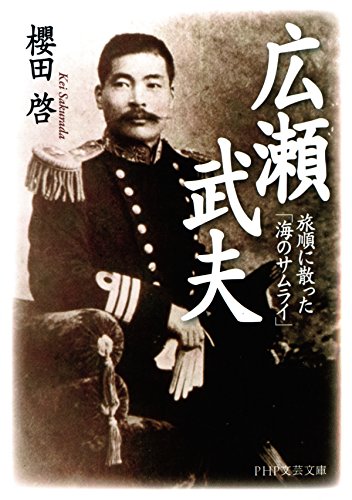 by NBK Sun Apr 01, 2018 4:36 pm
by NBK Sun Apr 01, 2018 4:36 pm
BTW the term is 粉骨砕身 funkotsu•saishin.
Admiral Togo used it in his address to his officers before the Battle of Tsushima Straits, telling them the safety of Japan and the peace of mind of the Emperor rested on them doing their upmost.
Admiral Togo, born a samurai, placed his short sword on the desk before him and every officer came up and vowed to do his best. In context, the message was clear: I expect you to do your best or die trying, as the short sword for a samurai was used to decapitate a defeated enemy or to commit seppuku in failure.
Admiral Togo's calligraphy shows up in a number of judo books of the period. He was the commander of the Japanese fleet at the blockade of Port Arthur, and both Hirose and Yuasa volunteered to command blockade ships that sailed right under the Russian batteries in an attempt to block the only channel out of Port Arthur.
After the Russo Japanese War both were hailed as heroes, but particularly Hirose was called a 'war god'. Books and articles were written praising him up until Japan's defeat in 1945. I have a bio of him from 1941 or so, and as recently as 2010 his story has book length treatments, sometimes as the 'Ocean Samurai'.


Last edited by NBK on Thu Apr 05, 2018 1:40 am; edited 1 time in total






